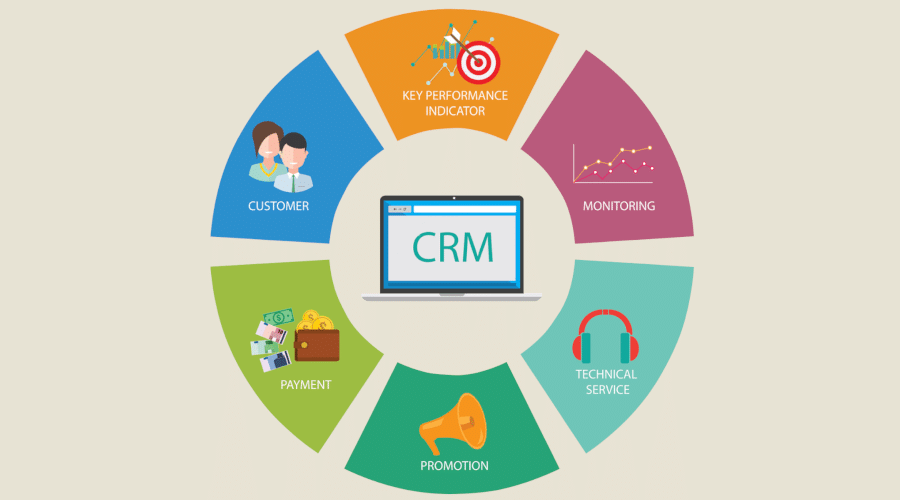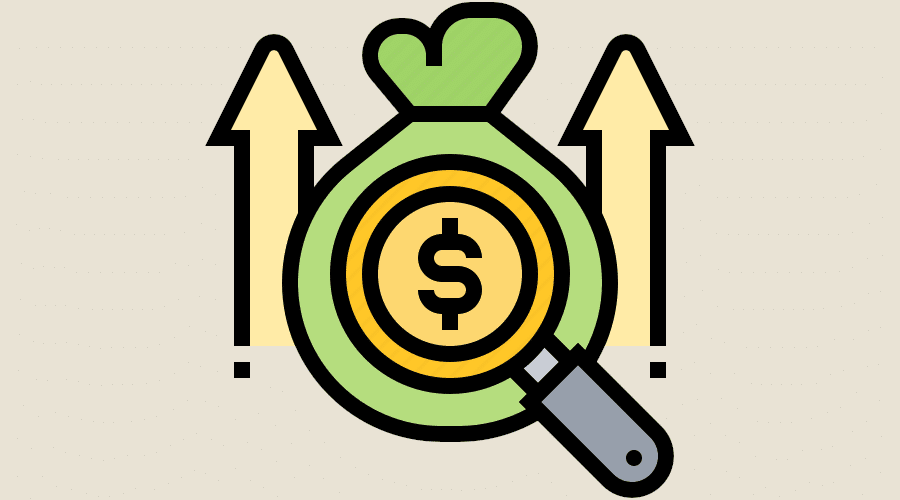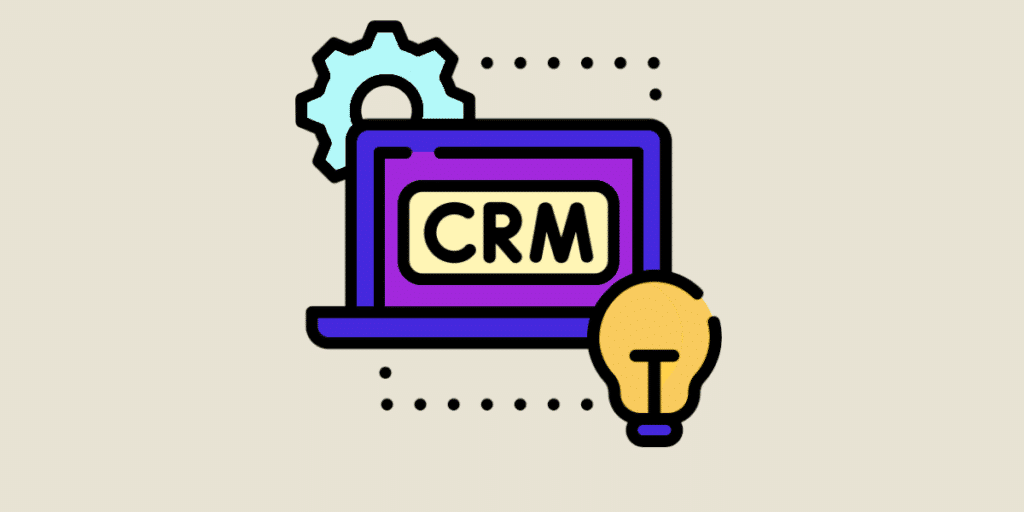Poor customer management can lead to lost revenue and damage a company's reputation. Fortunately, there are tools available to help improve customer relationship management. One of these is CRM. Not only does it make life easier for your business, it also helps you to multiply your results. What is a CRM solution? What are the functionalities of CRM software and what are the benefits? Find out in this article.
What is a CRM?
CRM (Customer Relationship Management) is a strategy for managing relationships with customers. The term “CRM” generally refers to the CRM tool. A CRM system helps organisations to interact better with their customers. It stores information about customers, such as their names, contact details and purchase history, so that it can better understand them and adjust its customer service.
Thanks to CRM software, companies can track the evolution of their customer relationships, enabling them to detect problems quickly and remedy them before they become sources of dissatisfaction. It therefore encompasses the entire customer lifecycle, centralising marketing, sales and after-sales service.
A CRM tool has long been used by sales teams. The tool enables them to optimise the dates and means of contact with a prospect. This process also enables customer data to be recorded, such as their activities on social networks or notes taken during a telephone call, for example. Automating tasks helps avoid oversights and saves a considerable amount of time, which is useful for selling better and optimising your company’s results.
The main functions of a CRM
Since this tool encompasses the entire sales process, a CRM offers a wide range of functions. These include
- customer management
- management of prospects contacted
- management of prospects not contacted
- reminders of tasks and actions to be carried out;
- complaints management
- reporting.
A CRM can take many forms, depending on the company, its sector of activity and its sales methods. An e-commerce company will use a CRM capable of handling a large volume of data. The main areas of use will be customer support, supply communication and the sending of segmented messages (personalised offers, newsletters, promotions, etc.).
On the other hand, a B2B cybersecurity company will need a CRM that is specific to each customer and intended for sales staff. The channels for communicating with customers will be the telephone, personalised e-mail or LinkedIn. The needs are different from one sector to another. That’s good news… There are CRMs for every business!

The benefits of CRM for businesses
We often hear that the value of a company can be summed up in its CRM… Although this is not the only criterion, good customer management is the key to achieving your objectives. Sales opportunities, sales activity, customer loyalty, automation: the benefits of a CRM are numerous. Let’s take a look at them.
Centralising customer information
With a CRM, all customer information is stored in one place. This facilitates communication with customers, as team members can easily access all the relevant information on each buyer. Tracking each person’s previous purchases, preferences and requests becomes accessible in one place. Not only are internal processes smoother, but the company is able to offer a more personalised service to its customers, improving customer loyalty and brand image.
Prospect data is also stored in CRM. There’s no longer any need to think about the next action needed to increase the company’s sales: the system automates the sales process and sends reminders to sales staff when action is required.
Tracking interactions and communications history
A CRM also stores a history of all interactions with customers. This includes telephone calls, emails and any other form of interaction with customers. This is a great advantage if you want to be able to see at a glance the communication preferences of each customer and use them to communicate better with them. The customer feels taken into consideration and is more likely to listen to you. The tool helps you to show empathy with your prospects and customers: a key element in (re)selling.
Targeted and personalised marketing campaigns
Selling more means personalising the buying process. Creating targeted, personalised marketing campaigns becomes possible thanks to the marketing segmentation available in your CRM. Companies can segment their customer database according to the data contained in their CRM and create targeted campaigns for specific groups of customers. Targeted marketing campaigns are more effective because they are sent to customers who are most likely to be interested in the product or service on offer.
Managing requests and complaints
The last key benefit of CRM is not the least: the management of customer requests and complaints. Support is an essential aspect of any business that respects its brand image. With a CRM tailored to your business model and sector, you can manage complaints effectively, ensuring rapid problem resolution and customer satisfaction.
CRM in a nutshell
By improving communication, automating sales processes and increasing customer satisfaction and loyalty, businesses can gain a competitive edge and greater long-term profitability with a CRM. If you’re thinking of implementing a Customer Relationship Management solution in your company, don’t hesitate to explore the many options available on the market.











